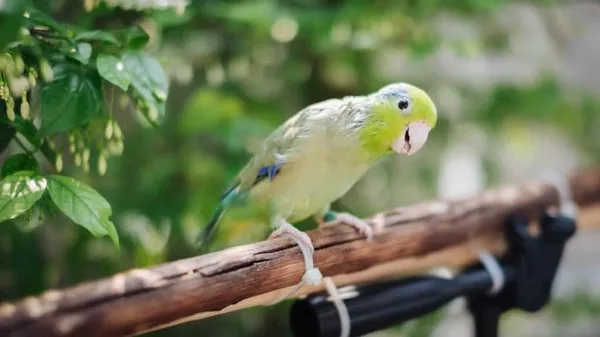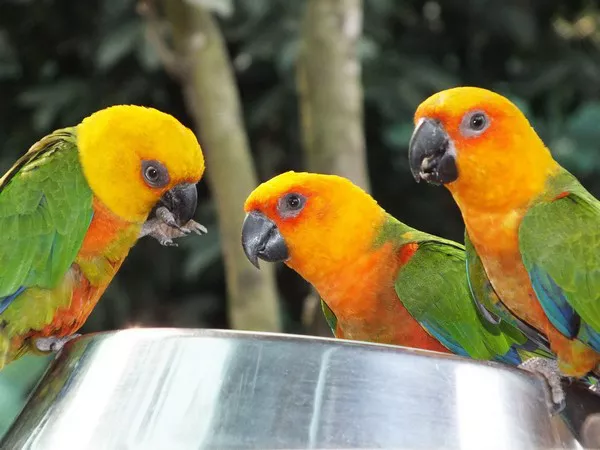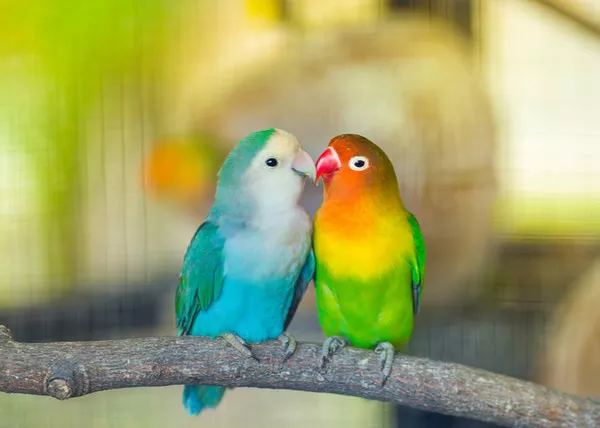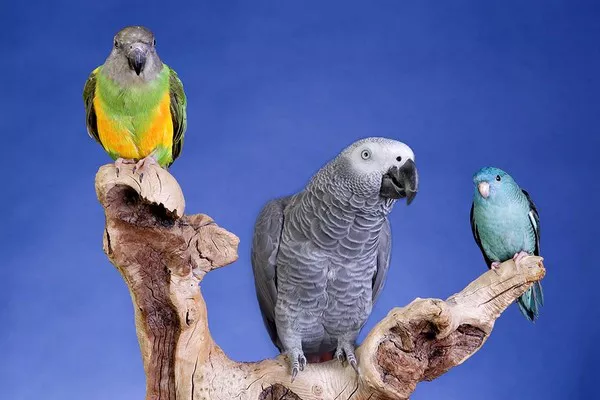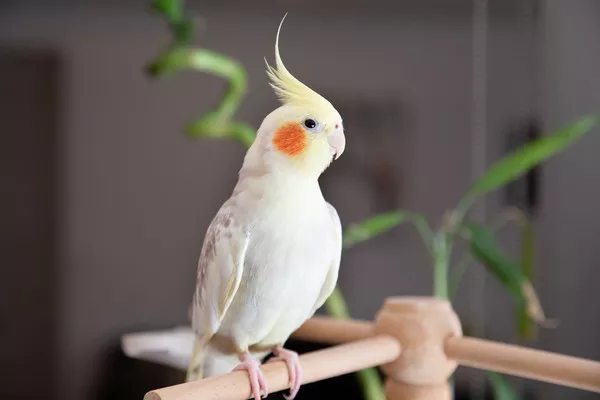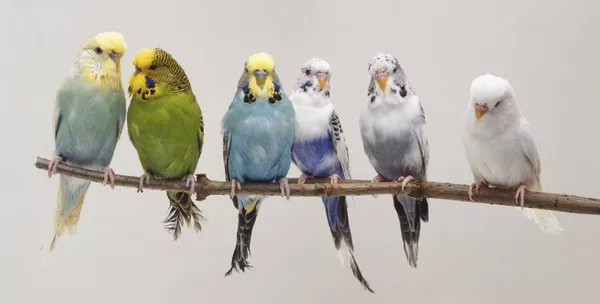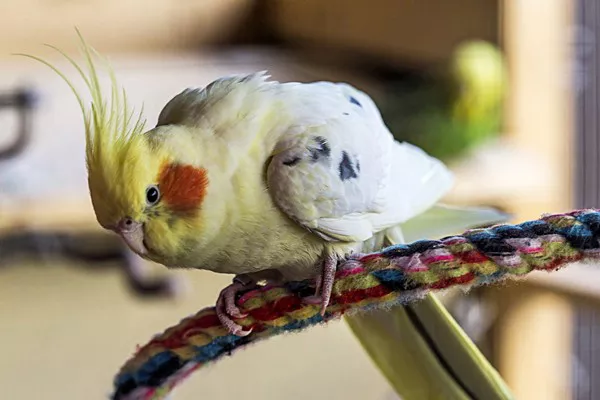African Grey Parrots are renowned for their exceptional intelligence, vibrant personalities, and impressive ability to mimic human speech. However, one behavioral issue that owners often encounter is biting. Understanding why African Grey Parrots bite is crucial for their well-being and for building a harmonious relationship between bird and human. In this article, we delve into the possible reasons behind African Grey Parrot biting and explore effective strategies to prevent and address this behavior.
-
Communication and Body Language:
Parrots, including African Greys, communicate through a combination of vocalizations and body language. Biting can be a means of communication for these intelligent birds, often expressing discomfort, fear, or a desire to protect their territory. It is essential for parrot owners to learn to interpret their bird’s body language cues, such as raised feathers, dilated pupils, or a stiff posture. Recognizing these signals can help prevent biting by addressing the underlying cause and providing a more secure environment for the parrot.
-
Fear and Stress:
Fear and stress are significant factors that may contribute to African Grey Parrot biting. These sensitive birds can become fearful in response to unfamiliar people, objects, or situations. Stressful environments, such as loud noises, frequent disruptions, or lack of mental stimulation, can also trigger biting behavior. Providing a calm and consistent environment, along with positive reinforcement training, can help alleviate fear and reduce stress levels in African Grey Parrots.
-
Lack of Socialization and Training:
African Grey Parrots are highly social creatures that thrive on interaction and mental stimulation. Insufficient socialization during the critical developmental stages can lead to behavioral issues, including biting. It is essential to expose young African Grey Parrots to a variety of experiences, people, and stimuli to foster their social skills and confidence. Regular training sessions using positive reinforcement techniques can also help establish trust, enhance their mental abilities, and reduce the likelihood of biting.
-
Hormonal Influences:
Hormonal changes, especially during breeding seasons or maturity stages, can impact the behavior of African Grey Parrots. As these birds reach sexual maturity, they may exhibit territorial and possessive behaviors, including aggression and biting. Understanding these natural hormonal fluctuations and implementing appropriate environmental modifications, such as reducing exposure to nesting stimuli or adjusting the diet, can help manage these behaviors.
-
Boredom and Lack of Enrichment:
African Grey Parrots are highly intelligent creatures that require mental and physical stimulation to thrive. Boredom and a lack of enrichment can lead to frustration and destructive behaviors, including biting. Providing a stimulating environment with a variety of toys, puzzles, and interactive activities can help alleviate boredom and redirect their energy in a positive manner. Regular out-of-cage time, supervised play, and foraging opportunities can also prevent or reduce biting behaviors.
Addressing African Grey Parrot Biting:
Preventing and addressing biting in African Grey Parrots requires a patient and holistic approach. Here are some strategies to consider:
- Positive Reinforcement Training:
Use rewards and praise to reinforce desirable behaviors and redirect negative ones. Focus on teaching your parrot alternative behaviors, such as stepping up onto a perch, rather than resorting to biting.
- Socialization and Exposure:
Gradually introduce your parrot to new experiences, people, and environments to build confidence and reduce fear. Early socialization is crucial, but even older African Grey Parrots can benefit from exposure to positive and controlled stimuli.
- Environmental Enrichment:
Provide a stimulating environment with a variety of toys, puzzles, and foraging opportunities to keep your parrot engaged and mentally stimulated. Rotate toys regularly to prevent boredom.
- Consistency and Routine:
Establish a consistent daily routine for your parrot, including regular feeding times, out-of-cage activities, and training sessions. Predictability and stability can help reduce stress and anxiety.
- Seek Professional Help:
If biting behavior persists or escalates, consult an avian behavior specialist or veterinarian experienced with parrots. They can provide further guidance, conduct a thorough assessment, and offer tailored solutions.
Conclusion:
Understanding why African Grey Parrots bite is crucial for their well-being and for maintaining a positive relationship with their human companions. By recognizing the underlying causes and implementing appropriate strategies, such as effective communication, socialization, environmental enrichment, and positive reinforcement training, owners can help prevent and address biting behaviors in these remarkable birds. With patience, consistency, and a commitment to their welfare, African Grey Parrots can thrive as affectionate and well-adjusted companions, free from biting tendencies.
Recommended reading:


